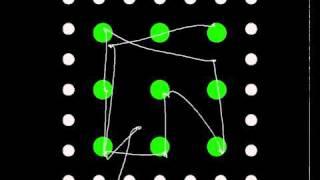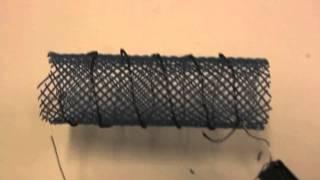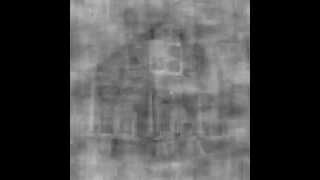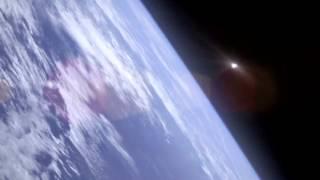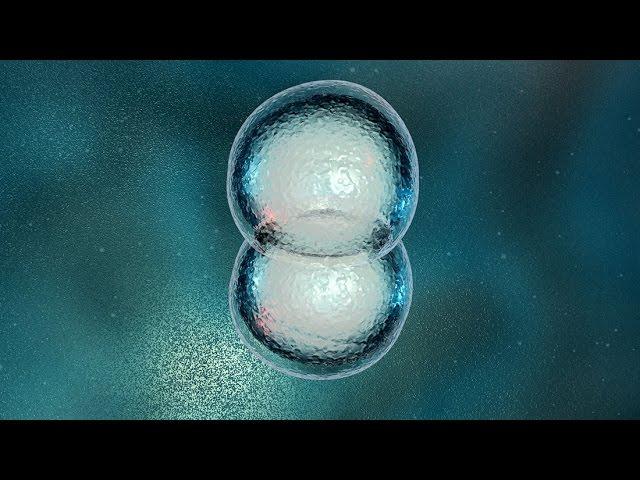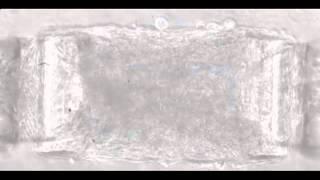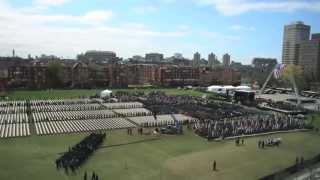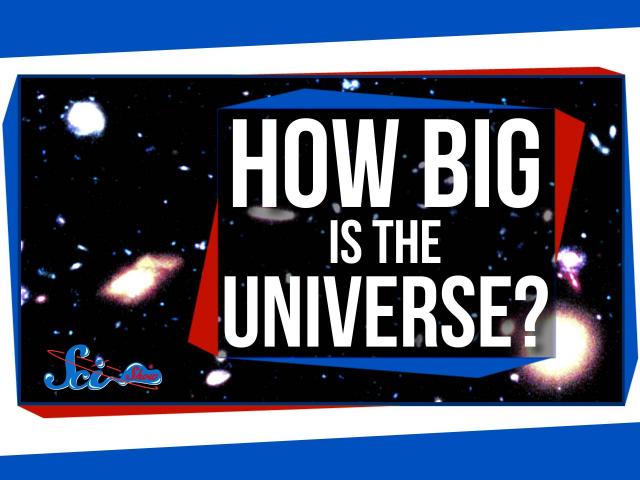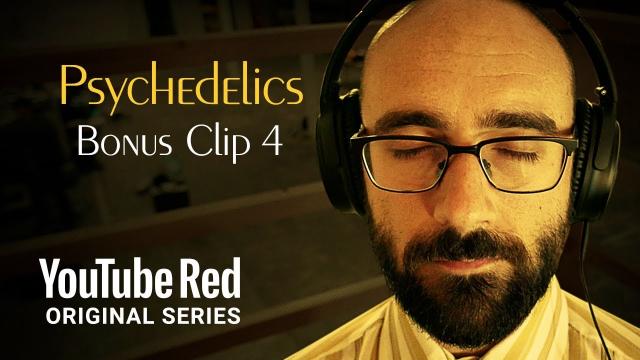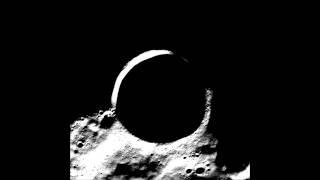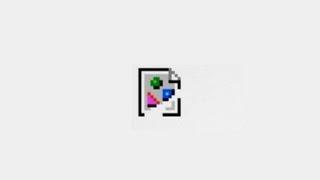Time Travel, Teleportation & Science
Time travel is the concept of moving between different points in time in a manner analogous to moving between different points in space, generally using a theoretical invention, namely a time machine. It has a commonly recognized place in philosophy and fiction, but has a very limited application in real world physics, such as in quantum mechanics or wormholes.
Although the 1895 novel The Time Machine by H. G. Wells was instrumental in moving the concept of time travel to the forefront of the public imagination, The Clock That Went Backward by Edward Page Mitchell was published in 1881 and involves a clock that allowed three men to travel backwards in time.[1][2] Non-technological forms of time travel had appeared in a number of earlier stories such as Charles Dickens' A Christmas Carol. Historically, the concept dates back to the early mythologies of Hinduism (such as the Mahabharata), Buddhism, and Islam through ancient folk tales. More recently, with advancing technology and a greater scientific understanding of the universe, the plausibility of time travel has been explored in greater detail by science fiction writers, philosophers, and physicists.
Teleportation, or Teletransportation, is the theoretical transfer of matter or energy from one point to another without traversing the physical space between them. It has a commonly recognized place in science fiction literature, film, and television, but as yet has a very limited application in real world physics, such as quantum teleportation or the study of wormholes.
Science (from Latin scientia, meaning "knowledge") is a systematic enterprise that builds and organizes knowledge in the form of testable explanations and predictions about the universe. In an older and closely related meaning, "science" also refers to a body of knowledge itself, of the type that can be rationally explained and reliably applied. A practitioner of science is known as a scientist.
In modern usage, "science" most often refers to a way of pursuing knowledge, not only the knowledge itself. It is also often restricted to those branches of study that seek to explain the phenomena of the material universe.
Source : Wikipedia
-
02:46
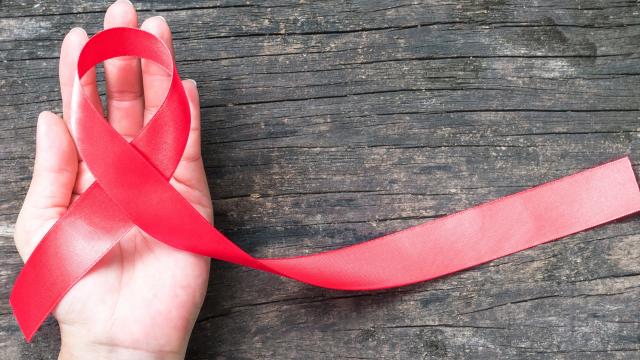
Ending the Epidemic - Are We Close to Ending AIDS?
Added 713 Views / 0 LikesEnding the Epidemic - Are We Close to Ending AIDS?
-
01:48
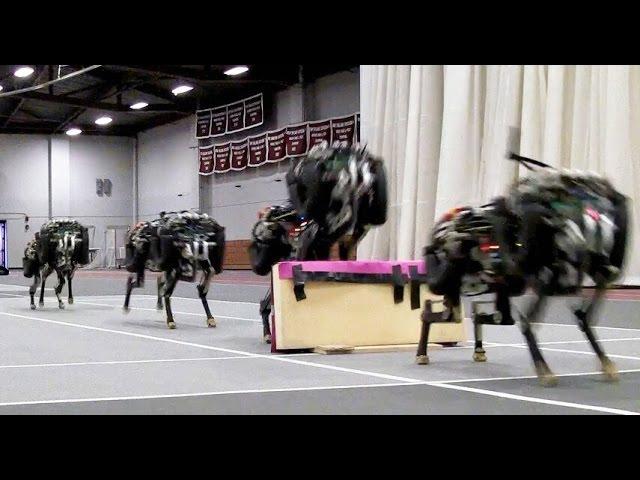
MIT cheetah robot lands the running jump
Added 713 Views / 0 LikesMIT cheetah robot lands the running jump
-
10:15

Could You Survive Home Alone?
Added 713 Views / 0 LikesWatch the Behind The Scenes: https://youtu.be/-3fZJv8VIyk*Huge thanks to Lowe's for sponsoring the video and building this amazing set!****Click "SHOW MORE" for links***Mark's Video: https://youtu.be/350Xlkvn0KoThreadbanger's video: https://youtu.be/cLPEc
-
03:46
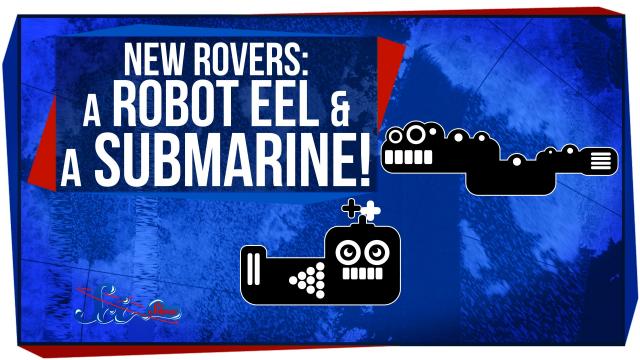
New Rovers: A Robot Eel and a Submarine!
Added 712 Views / 0 LikesNew Rovers: A Robot Eel and a Submarine!
-
01:37
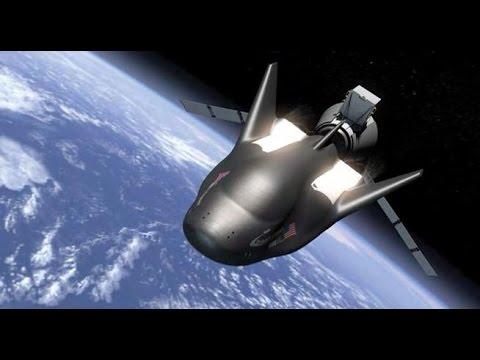
Sierra Nevada Corporation Dévoile Une Nouvelle Version Du Dream Chaser
Added 712 Views / 0 Likes -
01:29
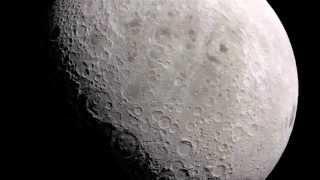
Moon's craters may overstate the intensity of early asteroid impacts
Added 711 Views / 0 Likes -
06:13
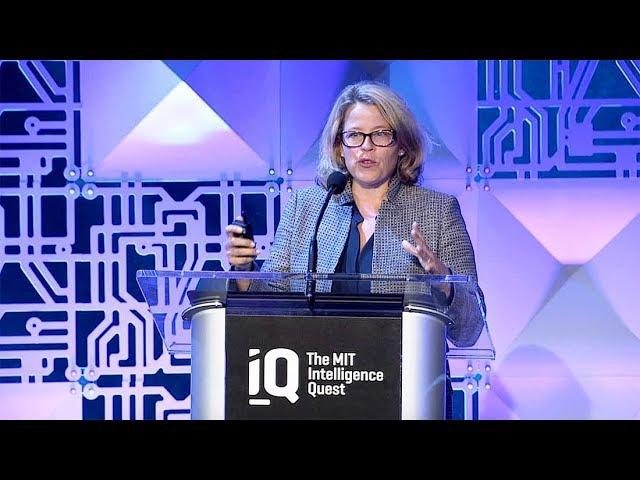
MIT Intelligence Quest Launch: The Impact -- Bringing Intelligence to Market
Added 711 Views / 0 LikesKatie Rae, CEO and Managing Partner of The Engine, describes the challenges and opportunities of bringing AI products to market at the launch event for the MIT Intelligence Quest, an Institute-wide initiative on human and machine intelligence research, it
-
07:08

10 Awesome FREE Mobile Apps! -- AAK #24
Added 711 Views / 0 LikesMy Instagram: http://instagr.am/jakerawrVsauce3 Twitter: http://twitter.com/vsaucethree***Click *SHOW MORE* for links to apps***Test Chamber iOS: https://itunes.apple.com/us/app/test-chamber-mind-bending/id955684188Android: https://play.google.com/store/a
-
04:01
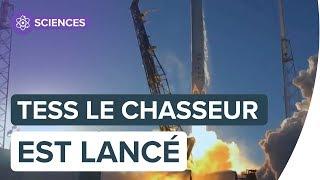
Lancement réussi : Tess à la conquête de nouvelles terres habitables ! | Futura
Added 711 Views / 0 LikesAbonnez vous vite à notre chaîne : http://bit.ly/FuturaYouTube Activez la petite cloche ci-dessus et recevez une notification pour chaque publication. Lancement réussi pour le chasseur d'exoplanètes Tess ! Cet observatoire a été lancé le 18 avril 2018 par

